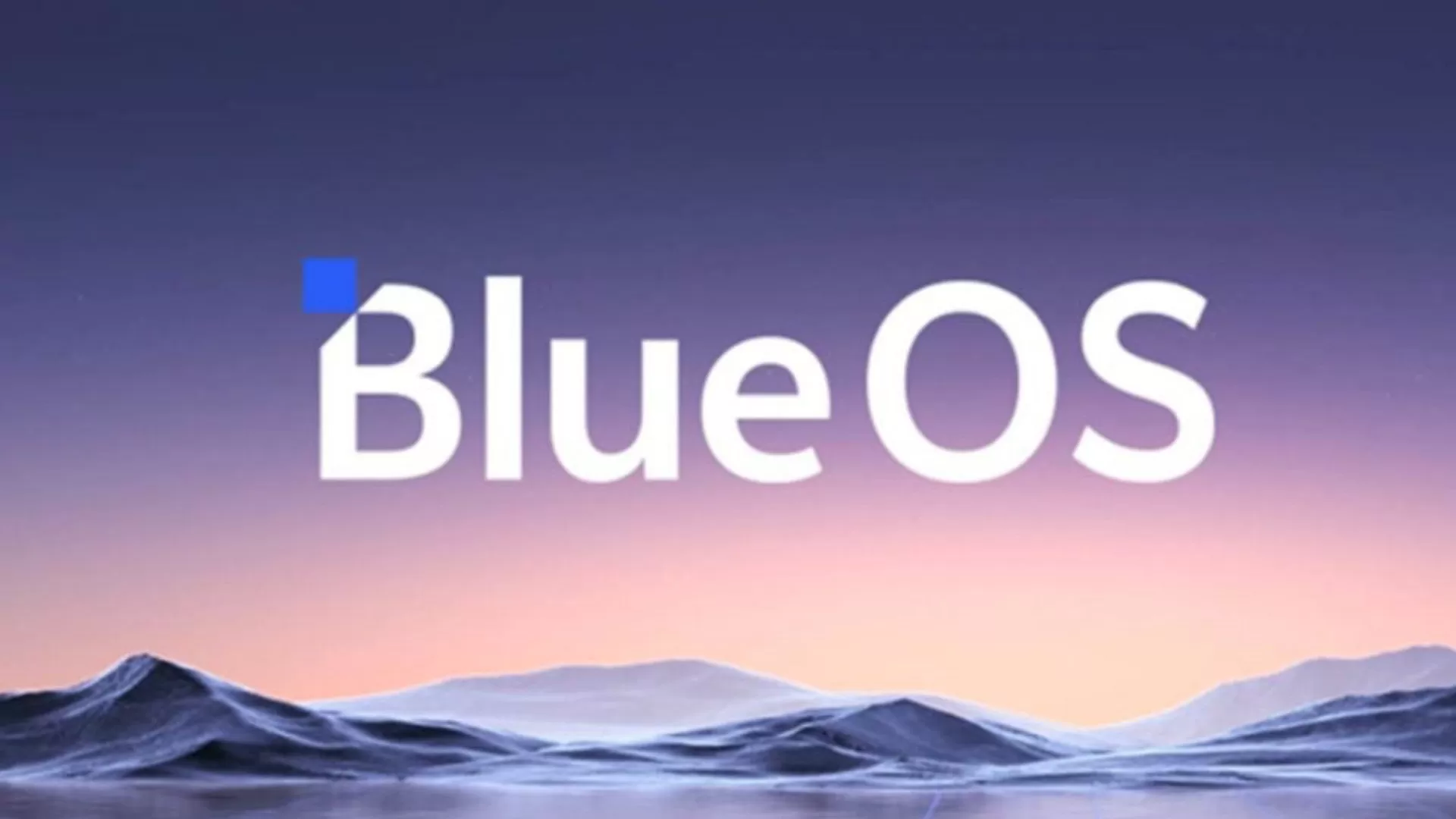Vivo, a Chinese smartphone manufacturer, has introduced its very own operating system known as BlueOS. This announcement was made at the 2023 Vivo Developer Conference. The development of BlueOS began in 2018, and it was created to overcome the limitations of the Android app ecosystem. Notably, BlueOS is the world’s first operating system to utilize the Rust programming language for its system framework.

BlueOS boasts three primary features: smart interactions, a smoother user experience, and user data safety. The operating system is designed to accommodate large models and various input methods, such as voice, text, gestures, and even brain waves. It also supports the BlueXlink connection protocol, which facilitates secure data transfer and access between multiple devices, thanks to its distributed design concept.
In terms of performance, Vivo claims that BlueOS has significantly reduced memory usage by 67% and improved rendering efficiency by 48%. Additionally, it incorporates a super coroutine mechanism, which enhances response speed by 18%. From a security standpoint, the Rust-based system framework of BlueOS is less vulnerable to security issues arising from improper memory usage.
One notable aspect of BlueOS is its versatility. It can run on a wide range of devices, including those with as little as 32MB of RAM. This makes it a viable option for various devices, including smart home appliances and wearables.
However, it’s important to note that Vivo has not revealed any immediate plans to install BlueOS on its smartphones. For now, the default operating systems for Vivo smartphones will remain Funtouch OS and OriginOS. The first device set to ship with the BlueOS operating system is Vivo’s upcoming smartwatch, the Vivo Watch 3. This smartwatch is scheduled for release on November 13, alongside the Vivo X100 series smartphones.
Leave a Reply